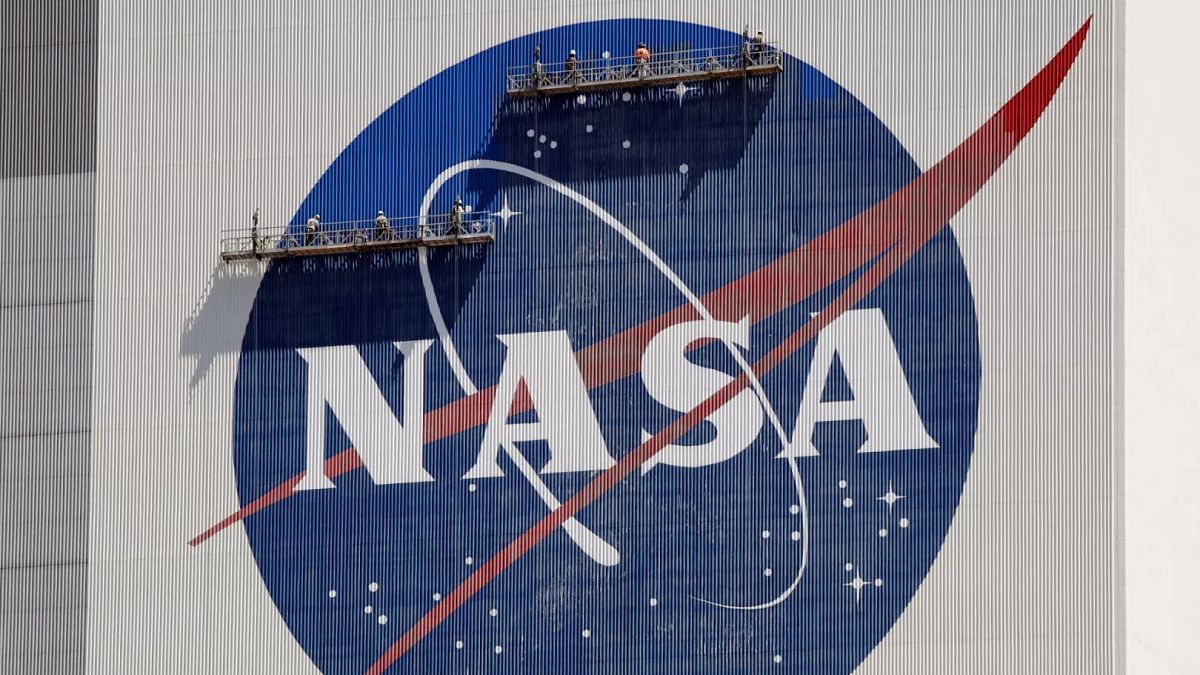

In a world filled with complex interactions and decisions, recent events bring to light significant developments across various sectors. This article guides you through some key occurrences that demonstrate both challenges and transformations faced by different regions and organizations.
The United States’ esteemed space agency, NASA, is on the verge of a noteworthy transformation. Approximately 20 percent of NASA’s workforce has opted for a “deferred resignation” package, a choice emerging as part of a broader strategy underlined by the Trump administration. Cheryl Warner, NASA’s news chief, noted the management’s role in this transition. This strategic move reflects an evolving landscape in the space industry, pushing forward new possibilities and fresh perspectives in innovation and exploration. These adjustments, while considerable, are being approached with a sense of purpose and potential growth for the agency.
Meanwhile, in Hungary, the political landscape sees firm decisions as Prime Minister Viktor Orban stands poised to veto the European Union’s budget. This stance comes amidst a long-standing dialogue with Brussels, particularly intensified by disagreements over Russia’s actions in Ukraine and the freezing of EU funds directed at Hungary. As the situation unfolds, it underscores the complexities and diplomatic challenges intrinsic to international relationships within the EU, highlighting the careful balance required in policy-making and negotiations.
In another part of Europe, former U.S. President Donald Trump made controversial statements during his recent visit to Scotland, suggesting that immigration significantly impacts Europe. During his stay, he intends to meet with key political figures including the President of the European Commission and the British Prime Minister. This visit has garnered attention, drawing focus on the ongoing discourse around immigration policies and their societal effects. The visit also offers a platform for discussions on transatlantic relationships amidst the backdrop of shared global challenges.
Turning our attention to Central America, reports have emerged from El Salvador involving Venezuelans subject to a controversial situation. Under a deal between the United States and El Salvador, Venezuelans found themselves in a notorious prison where they experienced harsh conditions, stirring up discussions about human rights. Stories from individuals like José Manuel Ramos Bastidas, who recently returned to Venezuela, paint a chilling picture of the conditions faced. This raises significant questions about detention practices and human dignity, prompting responses from advocacy and legal groups worldwide.
Back in the United Kingdom, a new initiative is in motion as a national police unit has been tasked with monitoring social media platforms for signs of potential anti-migrant sentiment. This proactive move aims to prevent the recurrence of civil unrest seen last summer. By utilizing digital surveillance, the authorities hope to address early indications of disorder, emphasizing the importance of maintaining societal harmony and fostering inclusive communities. This reflects broader efforts to engage in constructive dialogue around migration and integration, ensuring a balanced approach toward public safety and multicultural coexistence.
As we navigate these global stories, a common thread emerges: the importance of resilience, dialogue, and thoughtful policy-making. Each headline carries its nuances and challenges, yet all contribute to the broader narrative of a world grappling with change while seeking harmony and sustainable progress. In observing these developments, stakeholders and citizens alike are reminded of the value of collaboration and the role of mindful approaches in crafting a more cohesive future.
Source: {link}
